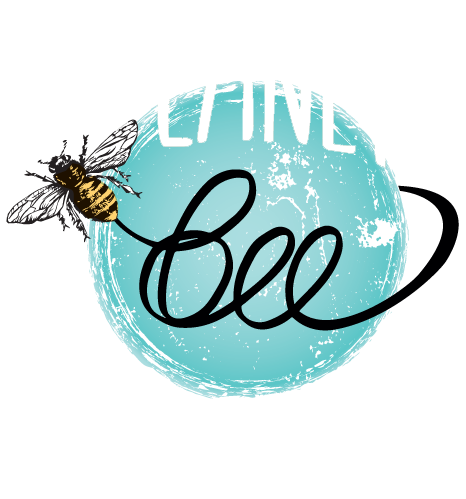The Importance and History of World Bee Day
- Planet Bee Foundation

- May 13, 2024
- 3 min read
Updated: Dec 2, 2024
As we delve into the intricate tapestry of our planet's ecosystem, one cannot ignore the crucial role that bees play. They are the silent heroes tirelessly working to pollinate our crops, ensuring the abundance and diversity of our food supply. And what better occasion to honor these remarkable creatures than on World Bee Day?

The Origins of World Bee Day
Established by the United Nations in 2017, World Bee Day falls annually on May 20th. It serves as a reminder of the critical role bees and other pollinators play in sustaining our ecosystems. But why May 20th? This date was chosen to commemorate the birthday of Anton Janša, a pioneer in beekeeping and an advocate for modern beekeeping techniques in the 18th century.
Anton Janša, born in Slovenia in 1734, is hailed as one of the greatest beekeepers of his time. His meticulous observations and innovative practices laid the foundation for modern apiculture. Janša's legacy lives on, not only in the practices of beekeepers worldwide but also in the celebration of World Bee Day.
The Importance of Bees to our Food Supply
Why all the buzz about bees? Quite simply, our food supply depends on them. Bees, along with other pollinators like butterflies, birds, and bats, play a crucial role in the reproduction of flowering plants, including many of the fruits, vegetables, and nuts that humans consume.
Approximately one-third of the food we eat relies on pollination, and bees are responsible for pollinating about 75% of the world's leading crops. From apples to almonds, and cucumbers to cocoa, bees contribute to the production of a vast array of foods that nourish and sustain us.

But their importance extends beyond just food production. Bees also play a vital role in maintaining biodiversity and preserving ecosystems. By pollinating wild plants, they support the growth of forests, meadows, and other natural habitats, providing homes and sustenance for countless other species.
Threats Facing Bee Populations
Despite their critical role, bee populations worldwide are facing unprecedented challenges. Habitat loss, pesticide use, climate change, and diseases are just some of the threats contributing to the decline of bee populations.
The loss of bee populations not only jeopardizes food security but also threatens the stability of entire ecosystems. Without bees and other pollinators, the diversity of plant life would diminish, impacting everything from soil health to wildlife populations.
Taking Action to Protect Bees
Fortunately, there are steps we can take to support bee populations and safeguard their future. From planting pollinator-friendly gardens to reducing pesticide use and supporting local beekeepers, individuals, communities, and governments all have a role to play in protecting bees.
Education and awareness are also key. By understanding the importance of bees and the threats they face, we can empower ourselves and others to take action. Events like World Bee Day provide an opportunity to raise awareness, inspire advocacy, and celebrate the vital contributions of bees to our world.

As we celebrate World Bee Day, let us take a moment to appreciate the remarkable creatures that help sustain life on our planet. From their humble beginnings as tiny pollen collectors to their essential role in pollinating our crops, bees exemplify the interconnectedness of all living things.
But let us also remember that the survival of bees is in our hands. By working together to address the challenges they face, we can ensure that future generations continue to benefit from the invaluable services provided by these extraordinary insects. So, whether you're a seasoned beekeeper or simply someone who enjoys the fruits of their labor, let's join forces to protect and preserve the bees for generations to come. Happy World Bee Day!










